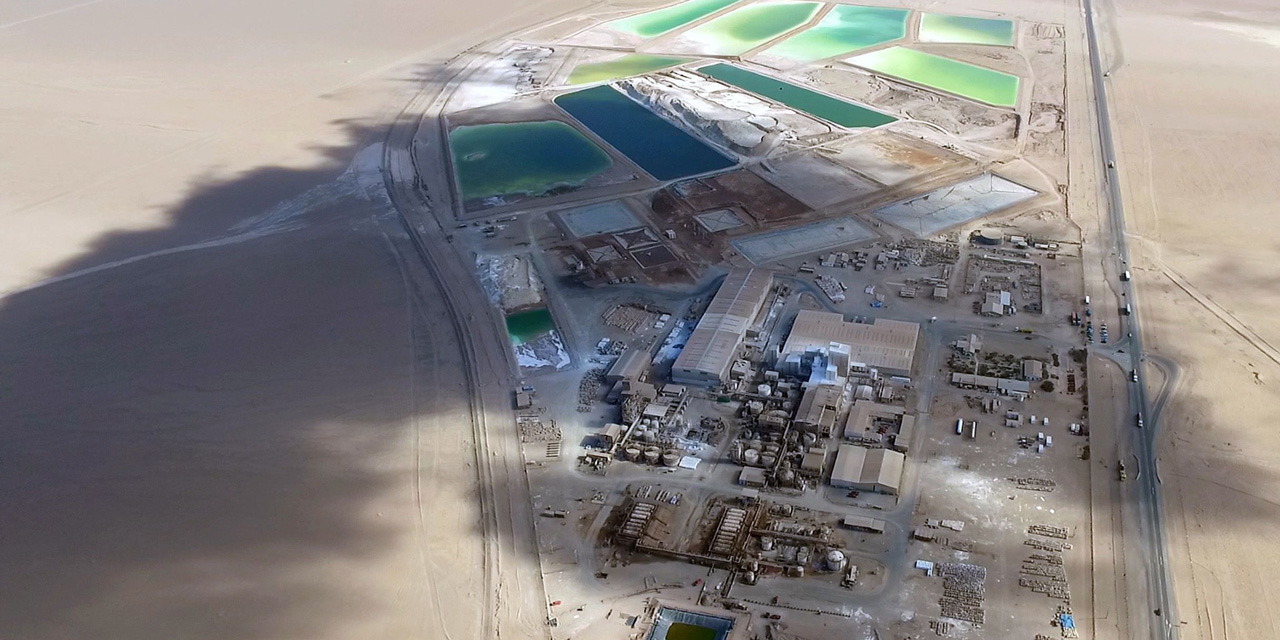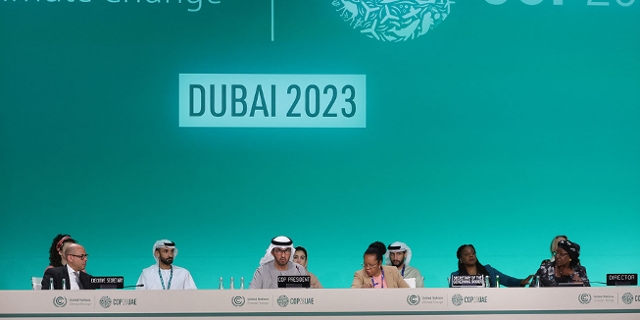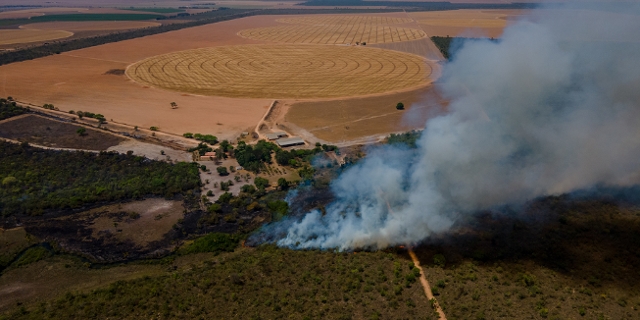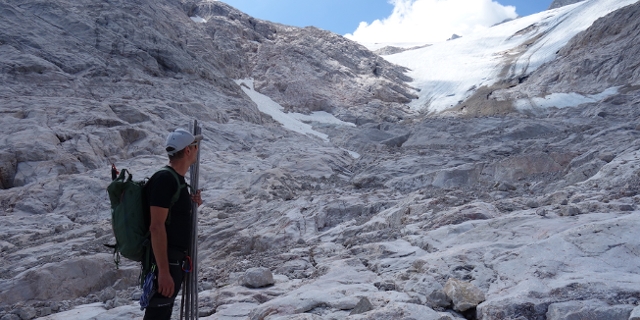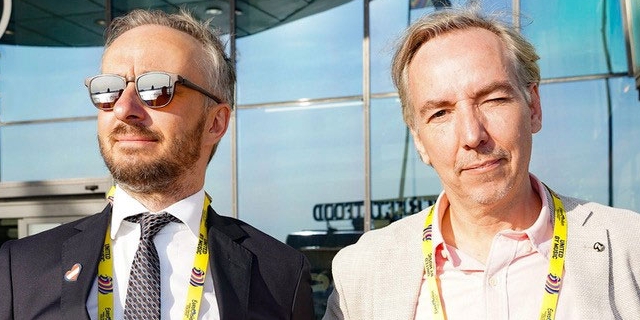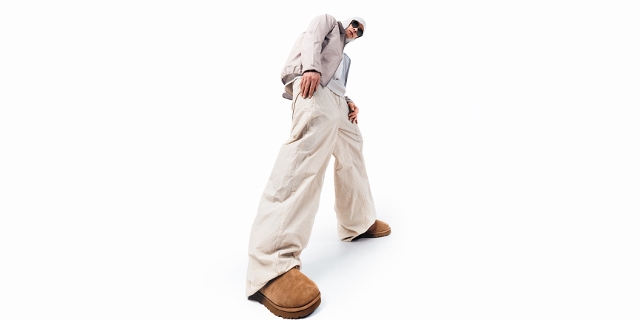Lithium: Clean Mobility’s Dirty Enabler?
Are electric cars the climate crisis silver bullet? Will the battery technology mean that we can keep the same number of private cars on our ever-expanding road network while also reaching our net-zero climate targets?
It’s a seductive dream, but behind the glossy cars advertising there is an awkward chat need to have about lithium.
Lithium is the mineral used in the batteries that power electric cars. Mining lithium can be very polluting. Until now it is been a problem that is ‚out of sight of mind‘ because the pollution is happening on other continents. But now mining projects are popping up in increasing numbers in Europe and we need to talk about them.
This video is the first in a series in which fm4’s Claus Diwisch and I aim to look at the many grey areas of the green transition.
A Warning From The Recent Past
Be aware: Every time the automobile industry offers a new environmental solution, it seems new environmental crises appear on the horizon. In a bid to reduce CO2 emissions in the 1990s, Europe backed a major switch from petrol to diesel cars. Climate change was growing in significance as a political issue and therefore European politicians wanted a quick fix that didn’t require a complete mobility rethink. Have a car but power it with a different fuel.
It’s true Diesels produce around 15% less CO2 than petrol, but they also emit four times more nitrogen dioxide pollution (NO2) and 22 times more particulates. Those are the tiny particles that penetrate the lungs, brain and heart.
Nonetheless there were „eco“ tax breaks for switching to diesel. Quite soon diesel market went from a relatively niche branch to the dominant branch of the car industry in Europe. The worsening of our air caused by this switch has contributed to the 400,000 premature deaths in Europe every year that the WHO says are due to air pollution.
A New Form Of Pollution
Why am I giving you this history lesson?
Because we have to think of the implications and side-effects before embarking on a massive project to swap one sort of motor for another.We need to be informed before letting our leaders make these decisions in our name.
Just as fine-particle pollution was a side effect of the move to diesel, pollution from lithium mining is a side effect of the move to electric vehicles.
Lithium is a key active material in the rechargeable batteries that run electric cars. It is found in rock and clay deposits as a solid mineral, as well as dissolved in brine.
Mining it is massively water and energy intensive and the existing mines in Latin America, China and Australia have a bad record of causing pollution problems.
Emissions and Water Shortages

Darko Vojinovic / AP /
Huge and ultimately successful protests took place in several Serbian Cities.
Australia and China, for instance, have been criticized for the amount of fossil fuels used in the processing of the metal, while in South America, in Bolivia, Chile and Argentina it has used up vast amounts of water in already arid areas.
Now more and more mines are being planned in Europe. A major project planned in Serbia has led to huge and ultimately successful environmental protests in several Serbian cities. A lithium mine is also planned for Carinthia in southern Austria.
What’s The Plan?
We are going to need electric mobility in lots of scenarios, from long-distant haulage to emergency service vehicles. But do we really want to simply replace every private car with a different sort of private car?
If we do we are going to have to import almost impossible amounts lithium or mine every gram we find here in Europe. Or alternatively, as Karin Küblböck, senior researcher at the Austrian Foundation for Development Research suggests in this video: we might want to recycle more while massively investing on cycling, walking and public transport networks wherever possible
Publiziert am 10.12.2021







